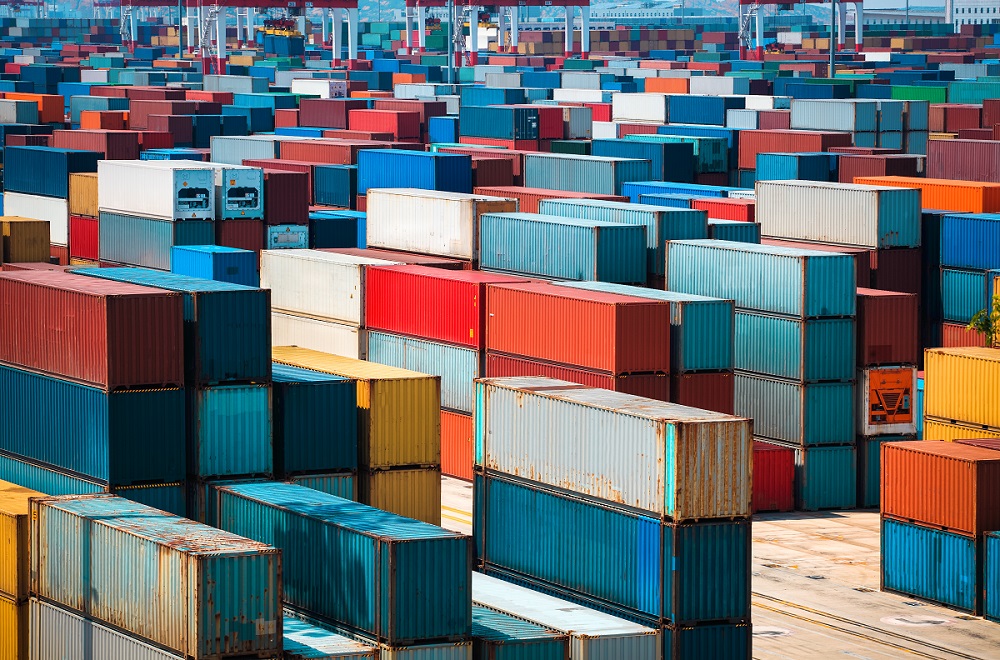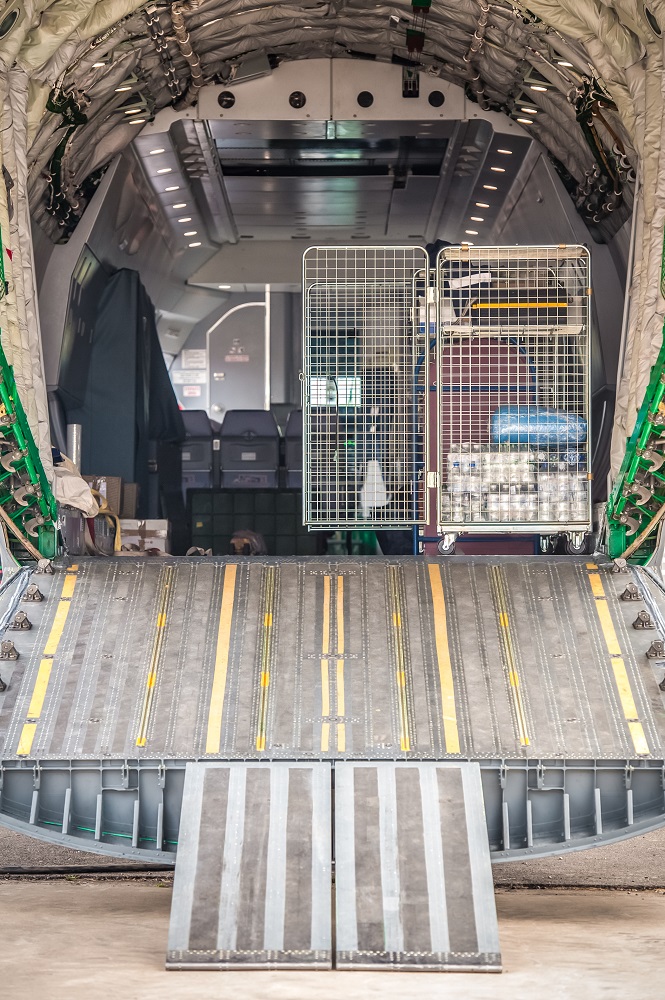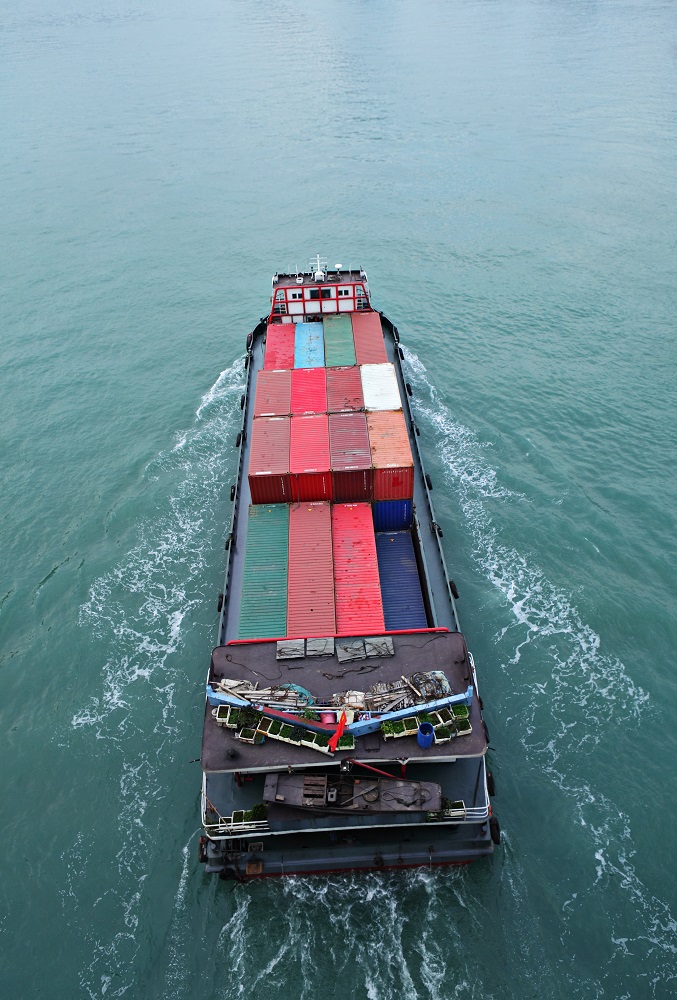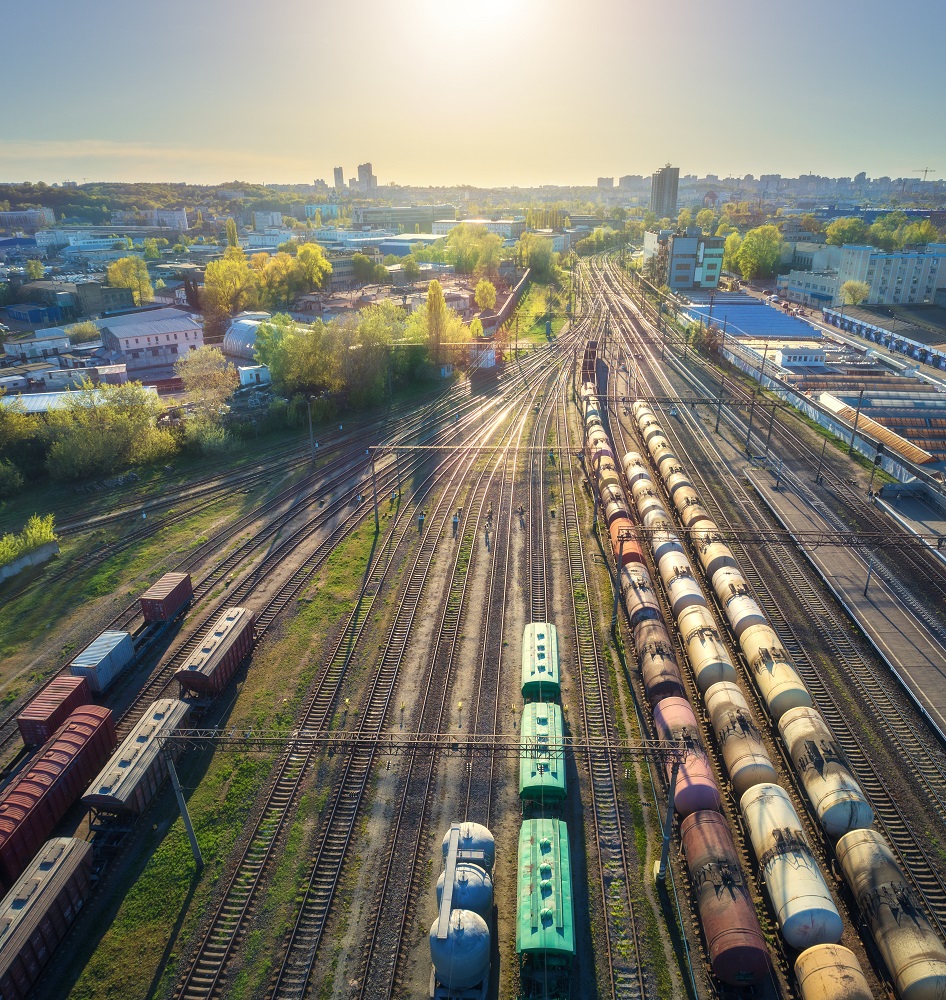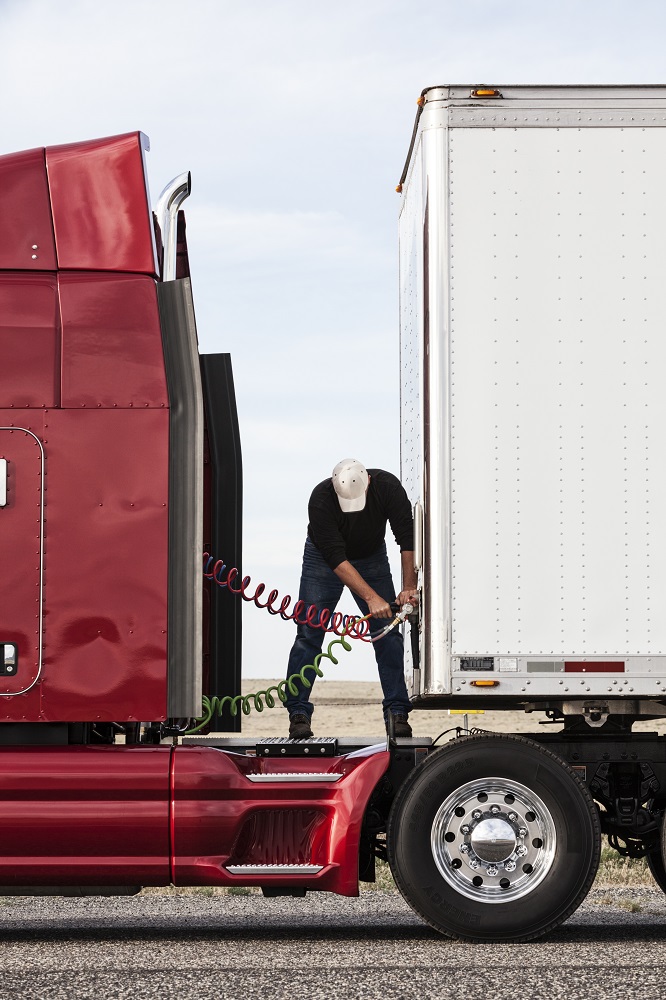For the transport of goods, or freight, many means of transport exist. However, the cost, the cases of use or the necessary infrastructures differ from one to another. So for each budget and trade there is a more suitable means of transport.
MARITIME TRANSPORT
Maritime transport is the most widely used mode of transport for goods. In 2015, it accounted for 80% of world trade by volume. The use of sea containers and cargo ships reduces the risk of loss, theft or damage and increases productivity through faster loading and unloading, which also reduces berthing costs and thus the cost of transport. Another advantage of transport by ship is that it is currently the most environmentally friendly means of transport. This mode of transport is mainly used for the transport of raw materials: cereals, oil, coal or other metals, as well as for the transport of products in pallets, boxes or crates, which are easier to store. However, for obvious reasons of storage time, it is not very suitable for the exchange of fresh or rapidly perishable products.
AIR TRANSPORT
Air transport or air freight, although not very important in terms of freight volume (only 5%), represents 35 to 40% of the goods transported in value. This mode of transport is especially appreciated for its speed and the large volumes it can carry. Its main drawbacks, however, are its limited load capacity and higher costs than other modes. Another disadvantage of air freight is that it is extremely controlled, which makes commercial flights less frequent than other means of transport. Because of their speed, aeroplanes are mainly used for the transport of perishable goods or goods that are urgently needed because they are out of stock at their destination. They are also used extensively for one-off transport of goods or bulky but light products such as fabric or certain electronic items.
INLAND WATERWAY TRANSPORT
The advantages of river transport are fourfold. On the one hand, it is the most reliable form of transport because it is the only network that is not saturated, and it is also one of the most efficient, since a single barge carries on average 10 to 15 times more goods than a truck. It is also the most competitive because it is 2 to 4 times cheaper than road transport. Finally, it is, along with maritime transport, the most environmentally friendly means of freight transport. However, it is only suitable for short distances and is not the fastest because it depends on the presence of rivers or canals. Like maritime transport, it is particularly suitable for heavy and dense goods and raw materials but is not very efficient for the transport of perishable goods.
RAIL TRANSPORT
Rail transport accounts for less than 10% of national freight transport and is most popular in Russia and the USA. It is considered to be a particularly efficient means of transport in terms of environmental cost, transport volume and speed. It is suitable for long-distance transport and is particularly safe as it suffers fewer accidents than other freight modes. Particularly heavy or bulky goods are perfectly suited to this mode of transport as an entire train can be dedicated to them.
ROAD TRANSPORT
Road transport is the most popular form of land transport. Although not the most environmentally friendly or economical, trucks are very often used as a complement to other forms of transport because they are much more flexible and easier to access. Thus, goods are often transported from the sender to another transport centre and then, once arrived by ship, train or plane, the goods are again transported by truck to the recipient. However, road freight also has the great advantage of being direct, and is almost uniquely capable of delivering door-to-door in a timely manner. All types of goods can be transported by road. However, care must be taken with products that do not keep well on long journeys, but one advantage of road transport is that trucks can easily adapt to their goods, so refrigerated trucks can be used for them. Finally, all types of freight have their own characteristics. It is therefore up to you, depending on your budget, your ecological awareness and your goods, to choose the type of transport best suited to your needs, but in almost 100% of cases you will need to use road hauliers.

